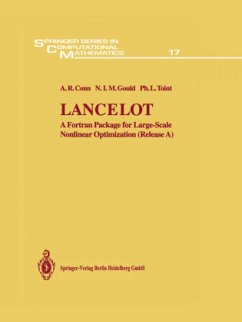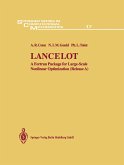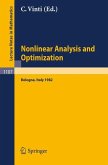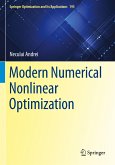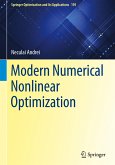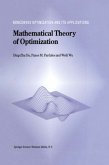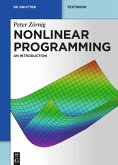LANCELOT is a software package for solving large-scale nonlinear optimization problems. This book is our attempt to provide a coherent overview of the package and its use. This includes details of how one might present examples to the package, how the algorithm tries to solve these examples and various technical issues which may be useful to implementors of the software. We hope this book will be of use to both researchers and practitioners in nonlinear programming. Although the book is primarily concerned with a specific optimization package, the issues discussed have much wider implications for the design and im plementation of large-scale optimization algorithms. In particular, the book contains a proposal for a standard input format for large-scale optimization problems. This proposal is at the heart of the interface between a user's problem and the LANCE LOT optimization package. Furthermore, a large collection of over five hundred test ex amples has already been written in this format and will shortly be available to those who wish to use them. We would like to thank the many people and organizations who supported us in our enterprise. We first acknowledge the support provided by our employers, namely the the Facultes Universitaires Notre-Dame de la Paix (Namur, Belgium), Harwell Laboratory (UK), IBM Corporation (USA), Rutherford Appleton Laboratory (UK) and the University of Waterloo (Canada). We are grateful for the support we obtained from NSERC (Canada), NATO and AMOCO (UK).

